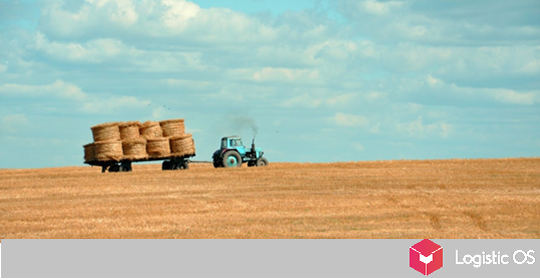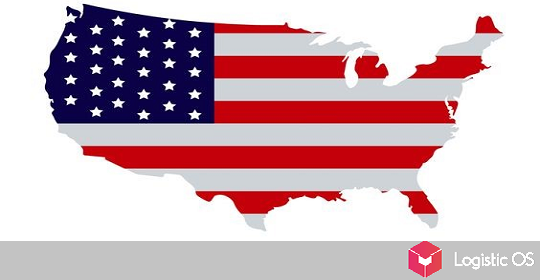Caribbean countries increase crop production area.
Cassava, a starchy root vegetable or tuber native to tropical regions, is a traditional food source for people living in developing countries.
It is the most drought-resistant crop that is grown in more than 90 countries around the world.
More than 500 million people in Africa, Asia and Latin America use cassava.
Amid an evolving food crisis and a sharp rise in the price of wheat flour, the governments of Trinidad and Tobago have proposed to increase the production of cassava for processing into flour.
Farmers in Guyana, Belize, Suriname, Trinidad and Tobago will receive subsidies for regional production and the purchase of processing equipment.
Currently, a pound of wheat flour for these countries costs about $18, while a pound of cassava flour costs about $40.
On the one hand, there is no savings in such a solution.
On the other hand, Wayne Innis, chairman of the National Marketing and Development Corporation (Namdevco), is confident that by increasing the production of cassava flour, the cost of its production can be significantly reduced.
Already, Namdevco is running an advertising campaign in supermarkets to promote the use of cassava flour as a healthier food than wheat flour.
Cassava flour producers believe the government may consider including the product in school and hospital meals at the national level.
Cassava flour contains no preservatives or anti-caking agents, and has a shelf life of one to two years away from moisture and direct sunlight, significantly longer than wheat flour.
When properly stored, cassava flour does not form lumps, unlike wheat flour, and there are many more healthy substances: tubers contain thiamine, vitamin C, manganese, potassium and folic acid.
An important factor is that cassava flour is neutral in terms of taste: it does not have a pronounced dry, strong or unfamiliar taste or structure.
In addition, cassava flour is a flour that contains neither wheat nor gluten.
CompanyOtto’s Naturals, one of the largest manufacturers of cassava flour, calls it “the next generation for grain-free baking.”
But the main challenge posed by Caribbean governments in stimulating the production of cassava flour is to reduce dependence on wheat flour imports.
For this, measures are being considered to reduce the cost of production: providing financial support, reducing taxes on the purchase of equipment.
Such measures make it possible to reduce the cost of obtaining flour from cassava by 60%.
In general, it is planned to reduce the import of agricultural products by 25% by 2025.
And this is only the first stage.
The next step is to increase the export of cassava flour to foreign markets for sale in the healthy lifestyle segment.

